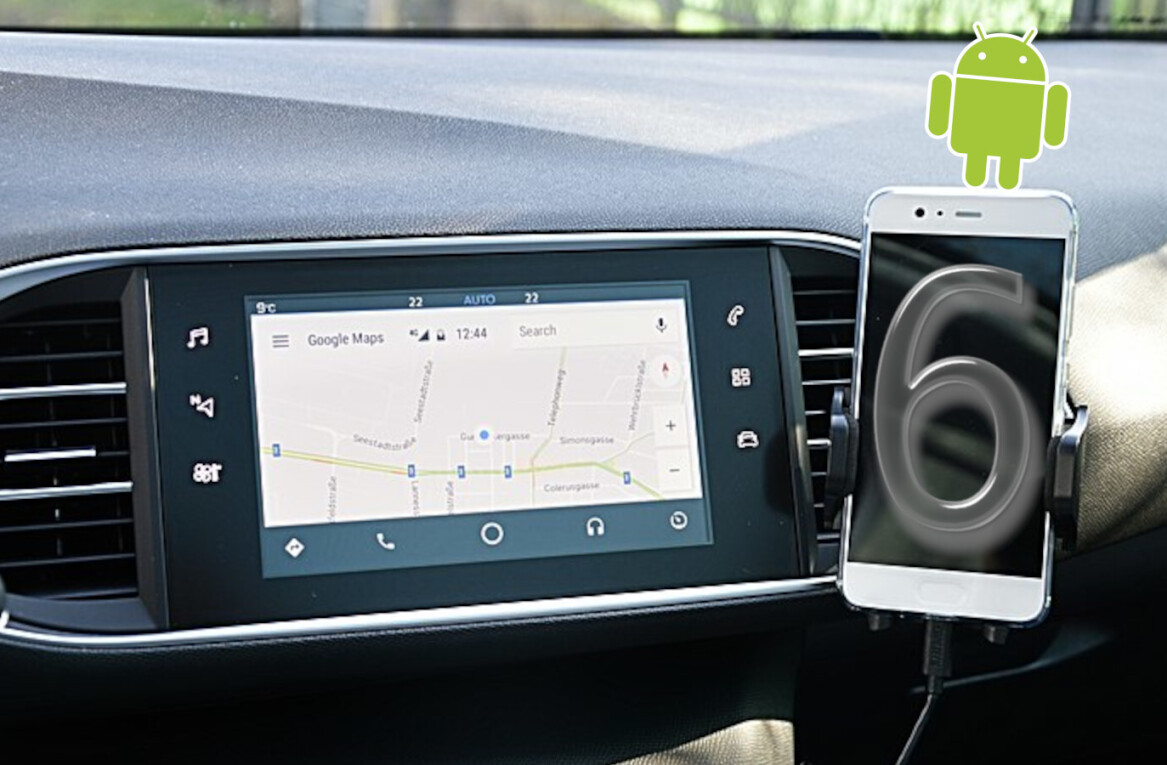This article was originally published by Christopher Carey on Cities Today, the leading news platform on urban mobility and innovation, reaching an international audience of city leaders. For the latest updates follow Cities Today on Twitter, Facebook, LinkedIn, Instagram, and YouTube, or sign up for Cities Today News.
The City of Zurich and transit operator Zurich Public Transport (VBZ) have partnered with mobility firm ViaVan to launch the city’s first on-demand public transport service, Pikmi.
The 18-month pilot will see ViaVan provide on-demand shared services from 8pm to midnight, Monday-Sunday, to fill current gaps in public transport provision.
Passengers can book rides through the Pikmi app and pay by presenting a valid public transport ticket (which can be bought at kiosks or online through the VBZ app) to the driver.
Single tickets in the Swiss city are valid for a two-hour timeframe, so passengers can use the service in conjunction with other forms of public transport.
Speaking to Cities Today, Tobias Wälti, Corporate Communication Manager, VBZ, said: “We really want to test how we can use this service, and could make amendments during the 18-month trial based on the direction it goes and the demand we see.
“If everything goes well we hope to introduce this as a permanent service.”
Pikmi does not run on predefined routes or according to a fixed timetable, and in addition to the existing VBZ stops in the operating area, nearly 150 additional ‘virtual bus stops’ that do not require any additional infrastructure will be added.
The location of each ‘virtual bus stop’ is described in detail for passengers as they prepare for pick-up through the Pikmi app.
The shuttle vans will service the Altstetten and Albisrieden regions of the city, including the Triemli and Hardplatz transport hubs.
Passengers are required to wear face masks, and the number of seats in the vehicles has been reduced from five to three to ensure room for social distancing.
People with walking and visual impairments can receive support from the driver when getting on and off, and walking aids, companions and working dogs can also be taken free of charge.
VBZ has also entered into a partnership with paratransit operator BTZ for passengers who are dependent on a wheelchair.
Expanding access
Chris Snyder, CEO, ViaVan, said: “Flexible, shared mobility solutions like Pikmi can expand access to public transport and thus create a long-term alternative to private transport.
“Our algorithm enables fast and efficient shared journeys that avoid unnecessary detours and long wait times, and at the same time reduce traffic and emissions.”
ViaVan currently works with transport authorities and cities across Europe, including BVG in Berlin and EMT in Madrid.
In March and April the firm suspended regular services in Berlin and started offering free trips to healthcare workers in response to the Coronavirus pandemic.
SHIFT is brought to you by Polestar. It’s time to accelerate the shift to sustainable mobility. That is why Polestar combines electric driving with cutting-edge design and thrilling performance. Find out how.
Get the TNW newsletter
Get the most important tech news in your inbox each week.







